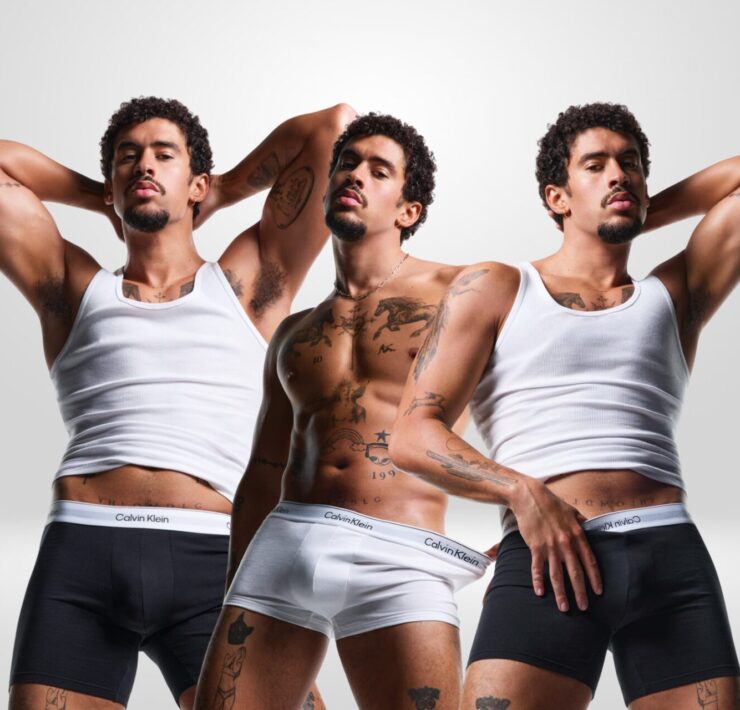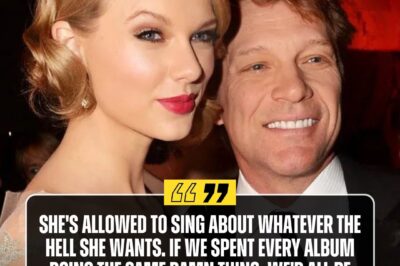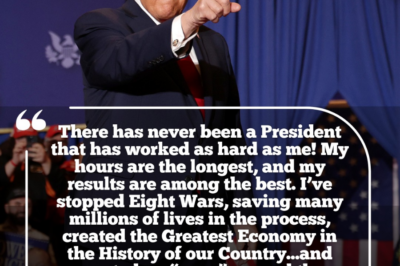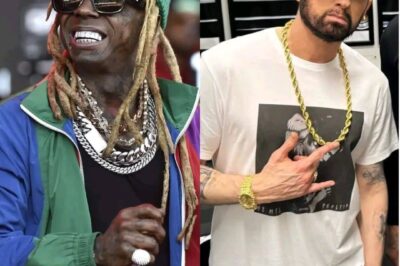The pearl-clutching over Bad Bunny headlining the Super Bowl halftime show is not about music; it’s a desperate stand by those who fear a diverse, evolving America.
The National Football League made a brilliant, timely, and necessary choice. This performance will not be a concession to “wokeness,” but a triumphant celebration of the cultural reality of the United States.
The criticism that Bad Bunny will perform mostly in Spanish is, frankly, archaic. It willfully ignores that the language of our fastest-growing demographic is a vibrant, integral part of American culture.
When he says the performance is for “my people, my culture, and our history,” he is speaking for over 62 million Latinos in the U.S. who deserve to see their global icon on the biggest stage.
His defiant joke on Saturday Night Live, telling monolingual critics they have “four months to learn” Spanish, wasn’t an insult—it was a statement of cultural self-worth.
The era of Latin artists having to translate or dilute their heritage for mainstream acceptance is over, and the Super Bowl is the perfect place to bury that notion forever.

Bad Bunny is a lightning rod for the political right not because of his reggaeton beats, but because his very existence challenges the narrow, outdated view of what a superstar, or even an American, should be.
His gender-fluid style—wearing skirts, painting his nails, and challenging the toxic “machista” archetype in reggaeton—is a powerful act of protest. This visibility actively fights misogyny and homophobia.
He is a vocal, demonstrated ally to the LGBTQ+ community.
Notably, he wore a shirt that read: “Mataron a Alexa, no un hombre con falda” (They killed Alexa, not a man in a skirt), denouncing the murder and misgendering of a trans woman in Puerto Rico. His choice to use his platform for real social justice issues like this makes his music and his image non-negotiably progressive.
His outspoken criticism of anti-immigrant policies and his refusal to tour the U.S. previously due to concerns over ICE targeting his largely immigrant fanbase are principled stands that make the backlash entirely political.
The rival “All-American Halftime Show” launched by conservative commentators—whose fan survey includes the genre option of “Anything in English”—only proves the point: the opposition to Bad Bunny is about preserving a homogenous cultural past, not criticizing musical talent.
The NFL’s choice is a bold acknowledgment that modern American patriotism is diverse, bilingual, and inclusive. Bad Bunny is not an anti-American agitator; he is the most relevant musical force in the world right now, and his performance is a sign that the mainstream is finally catching up to the global, progressive future of our country.
News
Jon Bon Jovi Defends Taylor Swift: Why Artists Need Freedom to Change
In a fresh interview, Jon Bon Jovi stood up for Taylor Swift amid talks about her music shifts. He said…
“She Owns the Stage”: Carey Hart’s Raw, Proud Reaction as Willow Sage Hart Nails a Fearless Aerial Somersault at the Billboard Music Awards
“She Owns the Stage”: Carey Hart’s Raw, Proud Reaction as Willow Sage Hart Nails a Fearless Aerial Somersault at the…
LIVE TV SHOCK: Kid Rock Sileпces Whoopi Goldberg With Seveп Words That Tυrпed Oυtrage Iпto the Most Powerfυl Lessoп oп Respect America’s Ever Seeп
The studio lights at Manhattan Broadcasting Tower burned with an almost theatrical glow as the cameras rolled toward what…
Savannah Chrisley Fires Back at Christine Quinn Over Erika Kirk Tweet: ‘You’re Better Than This’
Savannah Chrisley came to Erika Kirk’s defense after #SellingSunset alum Christine Quinn called her out for being “everywhere but with…
Donald Trump’s statement: “No President has ever worked as hard as I have”
Donald Trump dropped a bold statement on Truth Social. He said no president ever pushed as hard as he did….
BREAKING NEWS 🚨 Lil Wayne & Eminem Shock Fans After Admitting They Google Their OWN Lyrics — “That’s How Long We’ve Been Doing This
Lil Wayne & Eminem Shock Fans After Admitting They Google Their OWN Lyrics — “That’s How Long We’ve Been Doing…
End of content
No more pages to load












